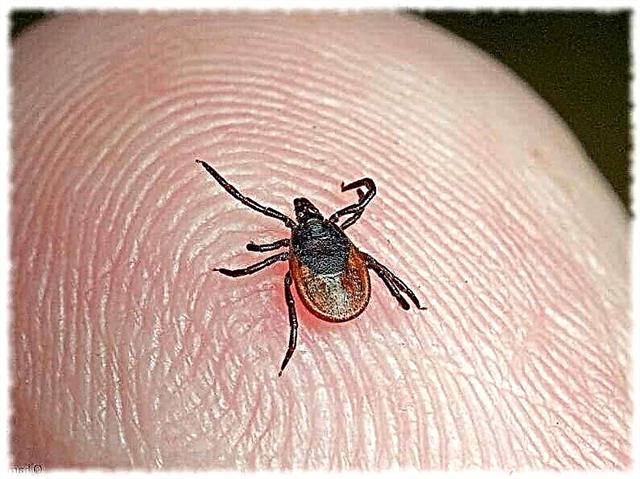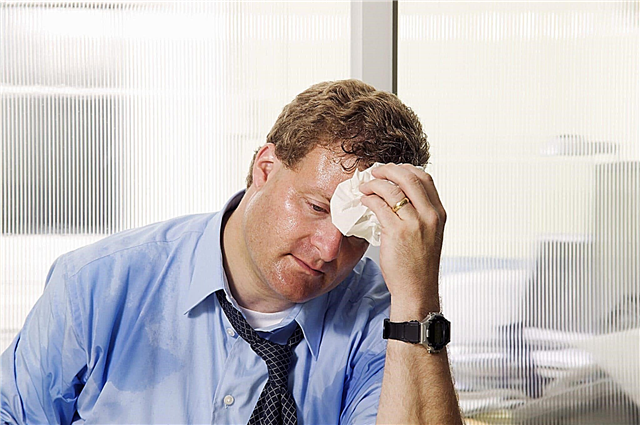
Crunch in the joints, and in particular, in the knees, is characteristic of older people. Why do such phenomena occur, and what are they associated with? Are they a pathology, or is this one of the options for the norm? Many people ask similar questions when they begin to hear periodically unpleasant clicks when climbing stairs, or even just when walking. Do I need to see a doctor, and what does all this mean?
To understand the details of such issues, you should turn to medicine and consider the physiology of a person.
The knee joint and its structure

It is worth noting immediately that in some cases, crunching in the knees is a physiological norm. but in other cases it is a symptom of the disease. And therefore it is worth treating a similar issue with full attention. To understand when what is normal and when not, you should study the anatomy of the patella.
So, the knee is the joint located between the thigh and lower leg. It is formed by large bones of the legs, cartilage and menisci, as well as ligaments and blood vessels, an innervation system. Also in this joint is synovial fluid. Clicks occur due to the fact that air bubbles in this fluid literally explode. As a rule, this is observed with a sedentary lifestyle, when the load on the joints is small. Such an “explosion” of pain does not create, only the sound itself is heard.
However, it happens differently.So, sometimes due to pathology, the joints rub against each other. At the same time, creaks and pain appear. In addition, edema occurs, and movements may be limited.
Causes of Joint Crunch
As a rule, problems with joints arise due to excessive stress. For example, this happens during deep squats. In addition, this happens when wearing heels. If the shoes are uncomfortable, the joint receives multiple loads. Obese people also overload themselves, as each kilogram of the body lies on their knees, which are constantly tired. As a result, they begin to click due to excessive pressure. Under the influence of excessive weight, the joint simply collapses.
In addition, all sorts of undesirable symptoms can occur due to the fact that there is too little calcium in food. The same may occur due to the low salt content. And it also happens that the body produces hormones poorly and little. In this case, the cartilage begins to degrade and collapse.
Even sounds in the joints can cause various kinds of joint diseases. They are fixed with bursitis, arthritis and arthrosis, with inflammation of the ligaments or meniscus, and in other similar cases. However, serious situations are always associated not only with clicks, but also with edema, bouts of severe pain, as well as with limited mobility of the affected areas.
If sounds occur after injuries, this is also quite natural. In situations where there are congenital pathologies, this can also be.So, with different lengths of limbs, for example, a similar outcome is quite natural.
The joints crackle during sudden exertion with a sedentary lifestyle. They make sounds with osteoporosis, and the same thing happens if a person provides the body with excessive loads - for example, he plays sports professionally and does not spare his body. In addition, it should be borne in mind that such manifestations in old age are the norm. After all, the articular bag is reduced in size, the fluid becomes smaller, other phenomena occur that indicate degradation. It's unavoidable.
Why do knees crunch in a child or teenager?
Sometimes it happens that a crunch in the knees appears in the child. Of course, such a situation worries parents, and they seek to find its root cause. It should be borne in mind that many tissues in a child up to a year are still being formed, and at this age, the crunch should not cause suspicion. However, it must be borne in mind that such diseases are inherited.
If the child has arthritis, he will be anxious, and edema will occur in the problem area. You will certainly notice this phenomenon. And with dysplasia, which happens in infants, asymmetry of the limbs is always noticeable.
Thus, knees can crunch for many reasons. Some of them are quite harmless, but others should cause a healthy fear. It’s better to see a doctor againthan looking at a serious disease that could harm the body.












